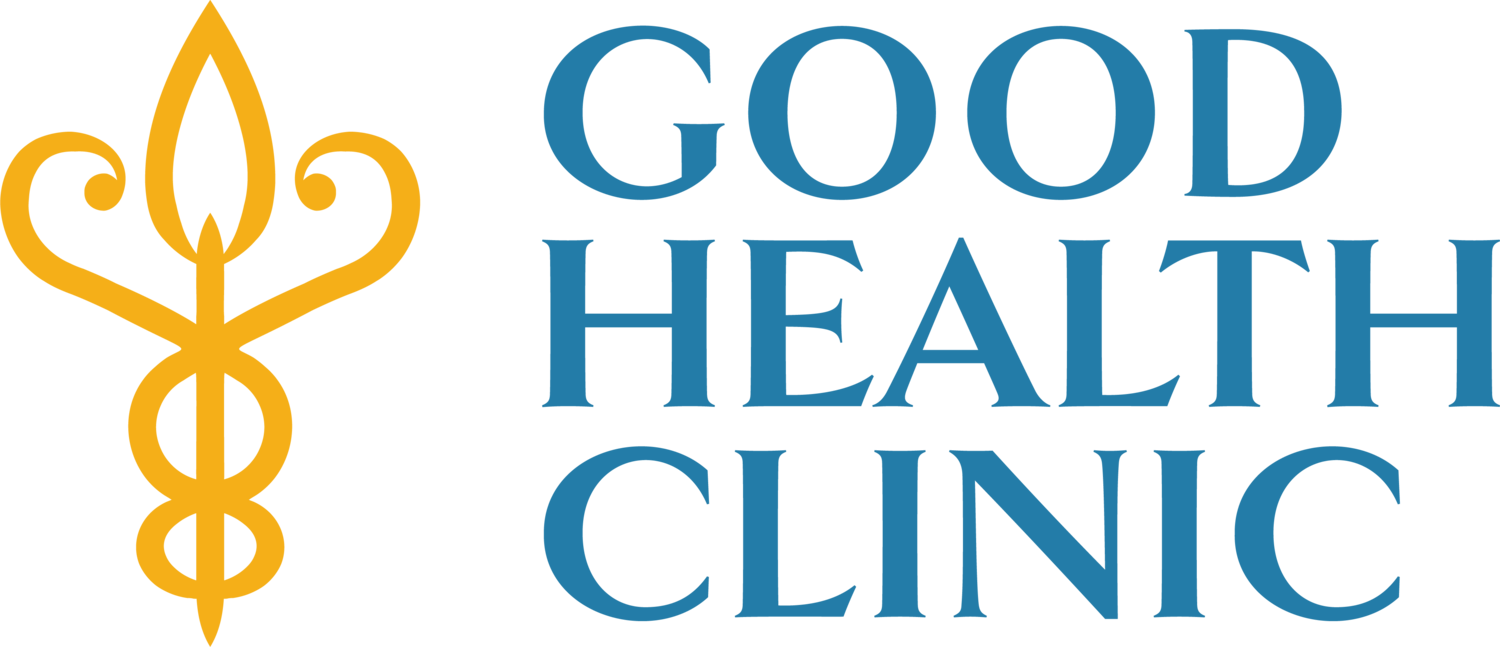Dietary Change - The First Hurdle!
What you eat and drink is the single most important factor influencing your physical (and sometimes mental) health. The standard western diet, which is choc full of inflammatory wheat, dairy, refined sugars and chemicals, is also the single most important thing that can wreck your health.
When people come to see me, they are often in poor shape - chronically fatigued, inflamed and infected. They usually have an inkling they are eating things that make them feel worse and not eating things that would get them to feel better. Nevertheless, it often comes as a shock to be advised to change the eating and drinking habits of a lifetime. What? Not have my favourite wheaties and milk breakfast cereal any more? Not have my chocolate digestives with my three cups of coffee each morning? I’ll never survive! There’s nothing left to eat!
Such are the complaints of many people from whom I have pulled away the comfort rug of eating and swapped it with a regimen they are sure will be too difficult, too time consuming and too inconvenient.
Why changing eating habits can be a challenge
Changing one’s eating habits can be challenging for all sorts of reasons, including the following common ones that I see:
Fresh food can taste bland after processed foods.
Food addiction (a big one!).
Unresolved emotional issues connected to food.
Food phobia - more likely with inflammatory gut issues.
Conflicting food information from so many media sources.
Overemphasis on “one-size-fits-all” diets where large amounts of foods are on a “forbidden list.”
Political correctness or previous emotional trauma connected with a way of eating.
My partner doesn’t support me and there is constant conflict over food.
Lack of planning.
Lack of basic cooking skills.
Changing your mindset with dietary change
There are some stable data that I would ask people to think about when implementing dietary changes that can help change your mindset for more success:
There is no “one-size-fits-all” diet that is right for everybody. One man’s meat is another man’s poison. The right diet for you is the one that moves you towards improved health and away from disease. It must be tailored to your needs.
Genetics may play a role, but political correctness should have no part in clinical decision making. My dietary clinical advice is based on your biochemistry, lab results and ongoing response and progress.
I ask all patients to avoid gluten grains, cows’ dairy and refined sugars simply because the clinical and empirical evidence is so overwhelming that these foods inflame the body and move you in the opposite direction to good health.
When faced with patient complaints about giving up foods and substituting healthier foods, ecological medicine doctor Sarah Myhill has famously stated that she is not there to entertain patients, but to get them well and that they don’t have to like it, they just have to do it! I would echo that sentiment by asking - how much do you place food enjoyment above health?
Changing your diet begins with changing your viewpoint about food and eating. Instead of pure enjoyment and self indulgence, adopt the viewpoint of using food as your disease-modulating drug. Eat health-creating rather than disease-creating foods.
You can’t rely on supplements to take the place of diet - they won’t work as well if you are still eating a disease-creating diet. Neither will pharmaceutical drugs.
Unlike therapies like chiropractic care, where treatments are “done to you,” with nutritional therapy you have to do it yourself (under nutritional guidance for best results!). Therefore, it takes planning and effort.
Any plan works better with family support (as opposed to opposition) - therefore, it is better when your partner supports you and you are at least singing some of the same chords from the same hymn sheet.
There is no excuse nowadays for not finding recipes - there are gluten-free, dairy-free recipes online in abundance. The sugar is easy - you just leave it out and try cinnamon instead.
When you take gluten and cows’ milk products out of your diet, this can leave a big gap as some people consume what and dairy as over 75% of their total intake. This is the really restrictive diet! Now you can let other healthier foods in! Some people simply drop the wheat and dairy - and just don’t eat! This is a big mistake. You can now eat more varieties of vegetables, meats, fish, fruits, nuts, seeds, healthy fats etc. instead of being clogged up with mainly one or two foods.
What do you do with these new foods? Get some food knowledge i.e. basic cooking skills which are available at the click of a mouse. The right kitchen tools help. Start with a slow cooker and a Nutribullet blender. You can make delicious stews in a slow cooker with 5 minutes preparation and leave it to cook for the day. By evening, the meat will be nicely broken down and the vegetables will have cooked in nutritious juices. This is kind on the stomach as it is more easily digestible. Use the Nutribullet to make soups, bread and delicious drinks.
And please make time for food enjoyment and eating your food in a pleasant relaxed atmosphere, not texting on a mobile or having a family discussion about controversial subjects (not difficult these days!). And remember, over time, even the most recalcitrant tastebuds will change!
Here are some excellent resources to help:
Recipe ideas:
Booklet Your Guide to Eating Well by Cytoplan
Weston Price Foundation website recipe archives
Gluten-Free Secrets - book from Cytoplan
Book Scrumplicious Sweet Treats by Stacey Forsey (but leave out sugar!)
Youtube videos Dr Sarah Myhill - Paleo buns/bread and useful for inspiration if you find yourself falling off the wagon.
If you’d like to find out more on how to best improve your diet, please email the Good Health Clinic at goodhealthclinic@outlook.com.

